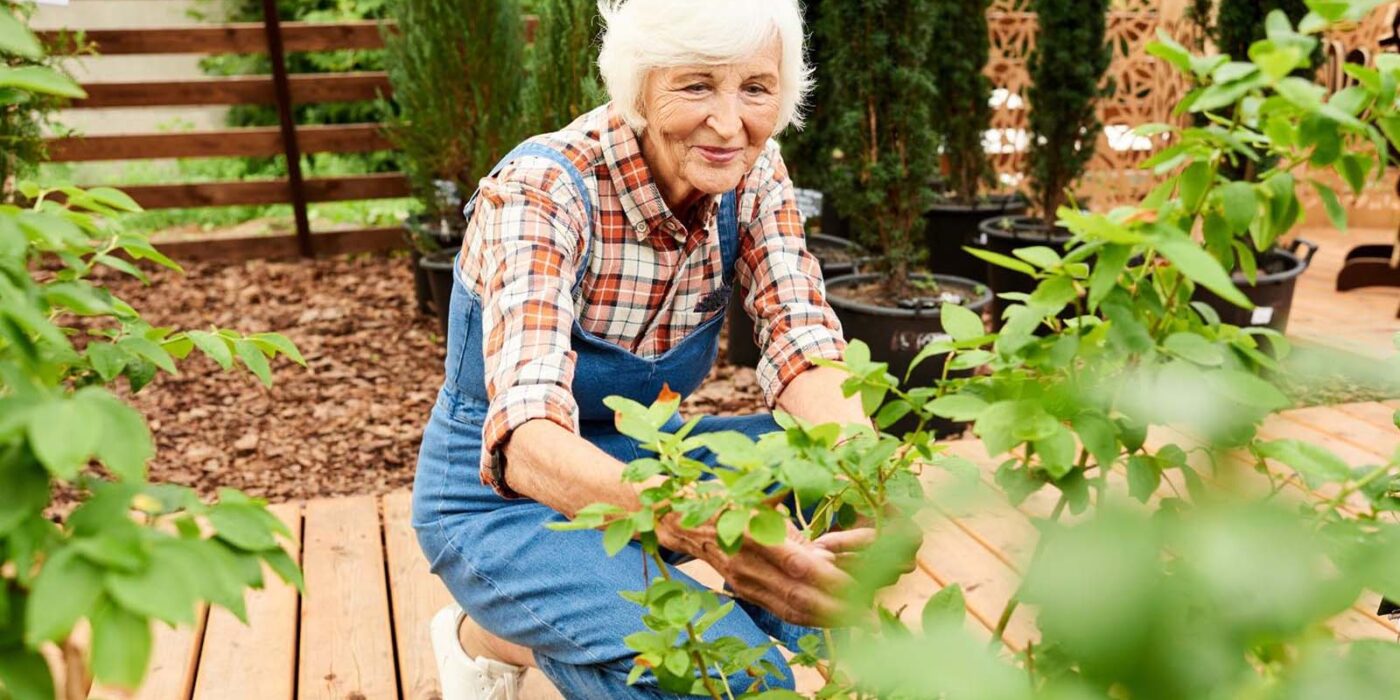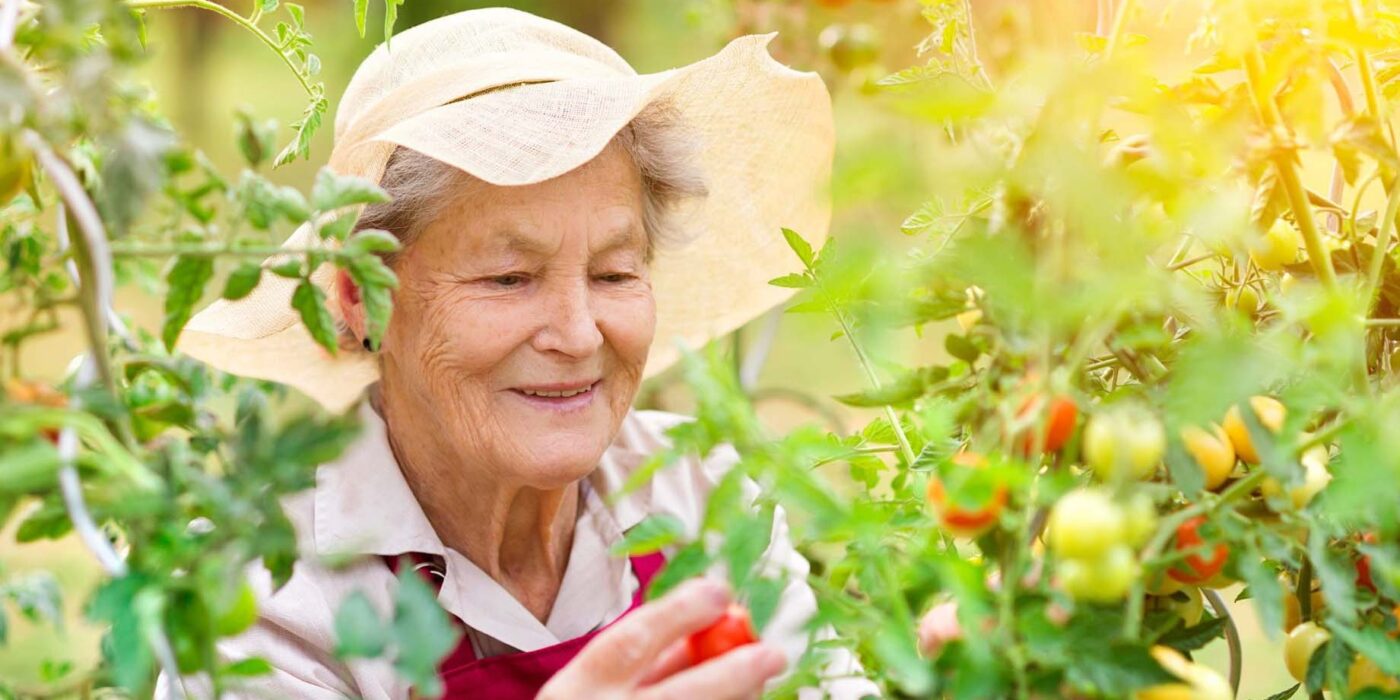Traveling is an adventure—a journey into the unknown or back home, filled with excitement, anticipation, and sometimes, the thrill of discovery. It can also be a daunting experience for seniors if they feel they aren’t as sharp or capable as they once were. I’ve learned there is a fine line between being supportive, understanding, and helpful and relieving them of all they are able to do. Taking over because you can do it more quickly, or more easily just makes your loved one feel even less confident, more fearful, and surer that they can’t do this without someone’s help. For anyone, but specifically for seniors, and especially those who may be physically and mentally capable but are unfamiliar with the hustle and bustle of airports, travel can be overwhelming. As someone who has accompanied seniors on various journeys, I’ve come to understand the importance of planning, patience, calmness, and kindness in ensuring a smooth and enjoyable experience for everyone involved.
Picture this: you’re at the airport, surrounded by a flurry of activity—people rushing to catch their flights, announcements blaring over the loudspeakers, the constant hum of chatter filling the air. For many seniors, this unfamiliar environment can trigger feelings of anxiety and uncertainty, even if they are physically and mentally capable.
I’ve witnessed this firsthand with my own mother, in her late 80’s, who, despite being perfectly capable, sometimes becomes quiet and unsure when faced with the chaos of the airport. Gate changes, delays, ambient noises—all these factors can contribute to a sense of disorientation and unease, especially when hearing, stamina, luggage, and unfamiliarity are factored in. Just remember, you are probably still interacting with the world around you and the pace of it with much more frequency than your parent or senior friend. This makes a difference and helps cultivate a greater sense of empathy for the present situation.
In preparation for the flight, it’s essential that your review timing and overall plan from when you are leaving to when you are at the gate. If you know what you may encounter let them know what to expect and ask them while in the car if they want to go over anything. Do yourself and your parent or senior friend a favour and leave a lot of extra time. This way no one will be rushed.
It’s essential to exercise patience and understanding. Instead of rushing them or becoming frustrated, take a moment to empathize with their feelings and offer reassurance. A few words of encouragement can go a long way in calming their nerves and restoring their confidence. Now, I always ask Mum if she would like me to assist, rather than take over, because yes, I’ve done this too! Remember, we all want to be respected, seen, and heard.
Moreover, maintaining a sense of calmness is crucial when traveling with seniors. It’s easy to get caught up in the stress and chaos of the airport environment, but by staying calm and composed, you can help create a more peaceful atmosphere for everyone involved. If you know the airport journey will be long and your parent, or senior will struggle offer them a fun ride in a wheelchair and let them know they will be doing you a favour by hanging on to the hand luggage. As a side note, I started this conversation long before we arrived at the airport. Giving mum some time to decide if and when suggested, it would be amenable to her.
Take deep breaths or breaks, if need be, remain focused on the present moment, and approach any challenges that arise with a sense of equanimity. Remember that your demeanor sets the tone for the entire journey, so by staying calm and empathetic, you can help alleviate any tension or anxiety your companion may be feeling.
In addition to patience and calmness, kindness is another essential virtue to practice when traveling with seniors. Simple acts of kindness, such as offering to carry their luggage, helping them navigate through the airport, slowing your pace down, or even just lending a listening ear, can make all the difference in their travel experience.
Be attentive to their needs and preferences and do your best to accommodate them whenever possible. Whether it’s finding a quiet spot to sit and relax or ensuring they have easy access to food and water, small gestures of kindness can help make their journey more comfortable and enjoyable.
Furthermore, practicing kindness extends beyond just your interactions with the senior you’re traveling with—it also involves being considerate and respectful towards other travelers and airport staff. Remember that everyone is navigating their own journey, and by treating others with kindness and compassion, you can help create a more harmonious and pleasant travel environment for everyone.
In conclusion, traveling with seniors requires a combination of patience, calmness, and kindness. By practicing these virtues, you can help alleviate their anxiety and uncertainty, ensuring a smoother and more enjoyable journey for everyone involved.
So, the next time you find yourself traveling with a senior companion, remember to exercise patience in the face of challenges, maintain a sense of calmness amidst the chaos, and practice kindness in all your interactions. Together, we can create a more inclusive and supportive travel experience for travelers of all ages and ensure they continue to explore and be curious about life.
Safe travels!





